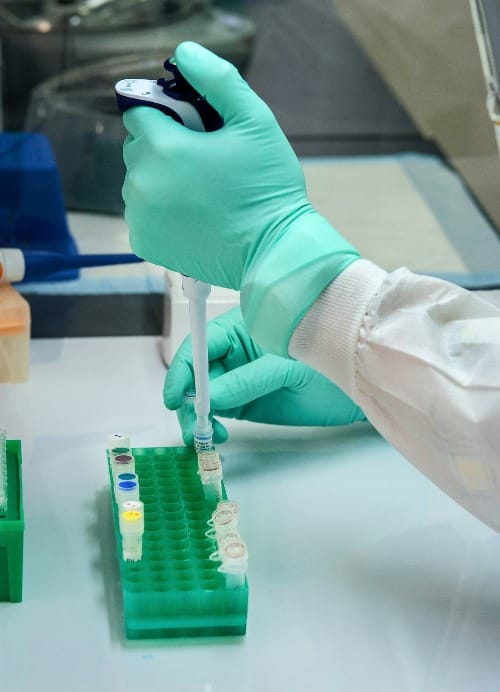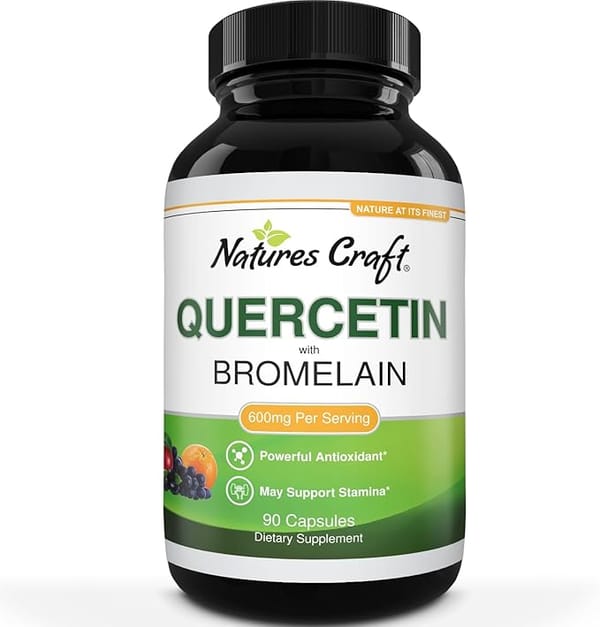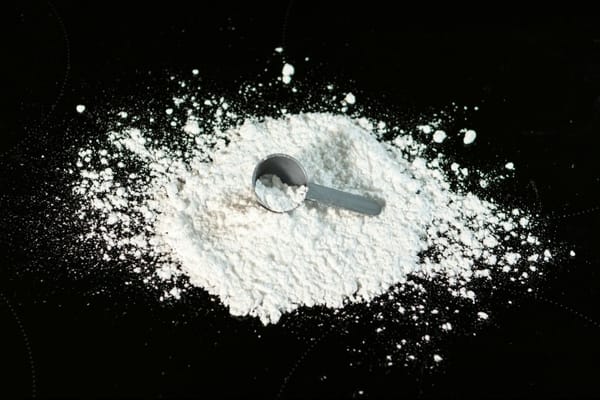Extra virgin olive oil, a staple of the Mediterranean diet, has been shown to have a positive impact on cholesterol levels, potentially reducing the risk of cardiovascular disease. Studies suggest that the monounsaturated fats and polyphenols in extra virgin olive oil can help lower LDL ("bad") cholesterol while maintaining or increasing HDL ("good") cholesterol levels.
Monounsaturated Fats in Olive Oil
Olive oil is renowned for its high content of monounsaturated fatty acids (MUFAs), which contribute significantly to its health benefits. The primary MUFA in olive oil is oleic acid, comprising 55 to 83 percent of the oil's total composition.[3] This high concentration of MUFAs, particularly oleic acid, sets olive oil apart from many other dietary fats and oils.
Monounsaturated fats in olive oil have been extensively studied for their positive effects on human health. Research has consistently demonstrated that these fats can enhance heart and cardiovascular health in several ways:
1. Cholesterol Management: MUFAs help lower LDL (bad) cholesterol levels while increasing or maintaining HDL (good) cholesterol levels.[1][3] This dual action contributes to a healthier lipid profile, reducing the risk of cardiovascular disease.
2. Triglyceride Reduction: Consumption of monounsaturated fats from olive oil has been associated with reduced triglyceride levels, further supporting cardiovascular health.[3]
3. Anti-inflammatory Properties: Oleic acid, the primary MUFA in olive oil, has been recognized for its anti-inflammatory effects, which can contribute to overall heart health and potentially reduce the risk of chronic diseases.[3]
4. Weight Management: Preliminary research suggests that oleic acid may help induce a feeling of fullness, potentially aiding in weight management and reducing the risk of obesity.[3]
5. Cognitive Health: Some studies indicate that regular consumption of moderate amounts of oleic acid may play a preventive role in dementia among older individuals.[3]
6. Potential Cancer Prevention: Ongoing research is exploring the possibility that oleic acid may inhibit the growth of certain types of cancer by suppressing genes associated with the metastasis of cancerous cells.[3]
The unique fatty acid composition of olive oil, with its high MUFA content, contributes to its stability and resistance to oxidation. This characteristic makes olive oil, especially extra virgin olive oil, a healthier choice for cooking compared to oils high in polyunsaturated fats.[4]
It's important to note that the MUFA content can vary among different olive oils. Factors such as the olive tree variety, age, growing conditions, and extraction methods can influence the fatty acid composition.[3] Extra virgin olive oil, which undergoes minimal processing, typically retains the highest levels of beneficial compounds, including MUFAs and antioxidants.
When compared to other vegetable oils, olive oil stands out for its high MUFA content. While some oils like canola and avocado oil also contain significant amounts of MUFAs, olive oil's unique combination of fatty acids and other beneficial compounds (such as polyphenols) contributes to its superior health profile.[4]
In conclusion, the monounsaturated fats in olive oil, particularly oleic acid, play a crucial role in its health-promoting properties. Regular consumption of olive oil as part of a balanced diet can contribute to improved cardiovascular health, potentially reducing the risk of various chronic diseases.
Lowering LDL Cholesterol
Lowering LDL (low-density lipoprotein) cholesterol, often referred to as "bad" cholesterol, is crucial for maintaining cardiovascular health and reducing the risk of heart disease and stroke. Several effective strategies can help reduce LDL levels:
1. Dietary Changes:
- Increase soluble fiber intake: Consuming 5-10 grams of soluble fiber daily can lower LDL cholesterol by 5-6%.[1][2] Good sources include oats, barley, beans, eggplant, okra, apples, grapes, and citrus fruits.
- Reduce saturated fat: Limit intake of foods high in saturated fats, such as red meat, full-fat dairy products, and tropical oils.[3]
- Incorporate plant sterols and stanols: Consuming 2 grams of plant sterols or stanols daily can lower LDL cholesterol by about 10%.[2]
- Add soy to your diet: Consuming 25 grams of soy protein daily can reduce LDL by 5-6%.[2]
2. Lifestyle Modifications:
- Exercise regularly: Aim for at least 150 minutes of moderate-intensity exercise per week.[3]
- Maintain a healthy weight: Losing excess weight can significantly lower LDL levels.[3]
- Quit smoking: Smoking cessation can improve overall cholesterol profile.[3]
3. Specific Foods:
- Nuts: Eating 1.5 ounces of nuts daily can help lower LDL.[1][2]
- Fatty fish: Consume fish rich in omega-3 fatty acids two to three times a week.[2]
- Olive oil: Substituting olive oil for saturated fats can reduce LDL by up to 15%.[5]
- Dark chocolate: Contains flavonoids that can help lower LDL, but consume in moderation.[1]
4. Supplements:
- Psyllium fiber: Two teaspoons daily can provide about 4 grams of soluble fiber.[2]
- Red yeast rice: May help lower cholesterol, but consult a healthcare provider before use.[1]
5. Medications:
- If lifestyle changes are insufficient, your healthcare provider may recommend cholesterol-lowering medications such as statins.[3]
It's important to note that a combination of these strategies often yields the best results. Regular cholesterol screenings and consultations with healthcare providers are essential for monitoring progress and adjusting treatment plans as needed. Remember, "lower is better" when it comes to LDL cholesterol, with optimal levels generally below 100 mg/dL for healthy adults and below 70 mg/dL for those with a history of heart disease.[4]
Increasing HDL Cholesterol
Increasing HDL (high-density lipoprotein) cholesterol, often referred to as "good" cholesterol, is an important aspect of maintaining cardiovascular health. While HDL levels are partly influenced by genetics, several lifestyle changes can help boost these beneficial lipoproteins.
Regular physical activity is one of the most effective ways to raise HDL cholesterol. Engaging in moderate to high-intensity exercise for at least 150 minutes per week can significantly increase HDL levels.[4][5] This can include activities such as brisk walking, running, cycling, or swimming.
Diet plays a crucial role in managing cholesterol levels. Consuming foods rich in monounsaturated and polyunsaturated fats can help improve the HDL-to-LDL cholesterol ratio. Olive oil, avocados, nuts, and fatty fish like salmon are excellent sources of these healthy fats.[1][2] The Mediterranean diet, which emphasizes these foods, has been associated with higher HDL levels and improved heart health.[5]
Weight management is another key factor in raising HDL cholesterol. Losing excess weight, even just 5-10% of body weight, can help increase HDL levels while also reducing LDL cholesterol.[4][5] This can be achieved through a combination of a balanced diet and regular exercise.
Moderate alcohol consumption has been linked to higher HDL levels. However, it's important to note that excessive alcohol intake can have negative health effects, so moderation is key.[4] If you don't currently drink, it's not recommended to start for the sake of raising HDL.
Quitting smoking can have a significant positive impact on HDL cholesterol. Studies have shown that HDL levels typically rise within three weeks of smoking cessation.[5] This, combined with other health benefits of quitting, makes it a crucial step for overall cardiovascular health.
Certain dietary choices can also contribute to raising HDL levels. Consuming purple fruits and vegetables, which are rich in anthocyanins, may help increase HDL cholesterol.[1] Additionally, incorporating soy-based products into your diet may have a positive effect on HDL levels.[2]
It's important to note that while medications exist to raise HDL cholesterol, research has shown they do not necessarily alter the risk of heart disease. Therefore, lifestyle changes are often the primary recommendation for improving HDL levels.[5]
Regular cholesterol screenings are essential for monitoring progress and identifying potential issues early. Adults should have their cholesterol checked every 4-6 years, with more frequent testing recommended for those with risk factors or a family history of heart disease.[5]
By implementing these lifestyle changes and working closely with healthcare providers, individuals can take proactive steps to increase their HDL cholesterol levels and improve their overall cardiovascular health.














Member discussion